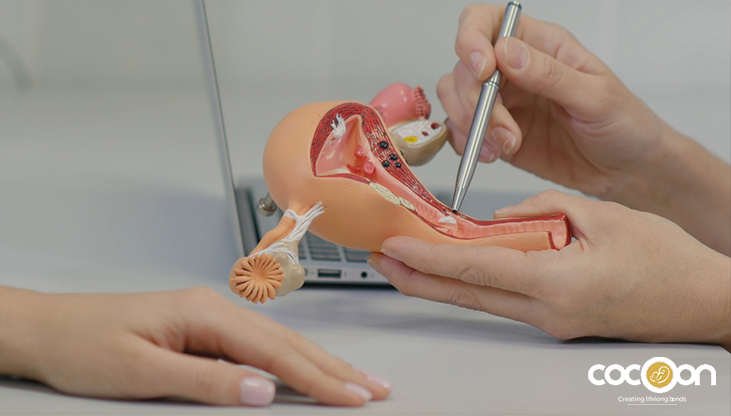The journey of motherhood is one of the most profound experiences in a woman’s life, filled with joy, anticipation, and transformation. However, it also brings a unique set of physical and emotional challenges that require careful attention and support. Antenatal and postnatal wellness are critical components in ensuring not only the health of the mother but also the optimal development of the child. This comprehensive approach encompasses a range of practices, including nutritional guidance, mental health support, and physical wellness strategies, all designed to empower mothers during this pivotal period. By prioritizing antenatal and postnatal care, we can foster a nurturing environment that promotes the well-being of mothers and their families, laying the foundation for a healthy and thriving future.
What is Prenatal Care?
Prenatal or Antenatal care is a healthcare service provided throughout pregnancy. It helps decrease pregnancy-related risks while ensuring a safe and healthy delivery. Regular prenatal visits or prenatal screenings can help gynecologists monitor pregnancy and identify complications before they become serious.
Prenatal care usually begins in the pregnancy planning stage. Ideally, it would help if you started prenatal care at least three months before you try to conceive. It includes certain healthy habits to follow, such as:
1. Consult your gynecologist about your current medical conditions, dietary needs, or supplements that you may require.
2. Take daily folic acid supplements as suggested by your doctor.
3. Regular checkups to keep overall health in check.
4. Quitting smoking and alcohol.
5. Avoid contact with toxic substances or chemicals at home and work that can affect your health.
6. Light exercise or joining prenatal yoga classes for improved bodily functions.
Once you’re pregnant, it’s important to schedule regular appointments with your doctor throughout your pregnancy. These visits are essential for monitoring your health and your baby’s well-being. Typically, these appointments will include:
• Routine tests and screenings
• Tracking your weight gain
• Monitoring your blood pressure
• Checking the baby’s heart rate and growth
• Discuss any specialized needs, such as dietary adjustments or exercise recommendations.
What is Postnatal Care?
Postnatal care refers to the support and medical attention provided to mothers and their newborns after childbirth. This period typically extends from the delivery through the first six weeks postpartum, although support can continue beyond that as needed.
Key components of postnatal care include:
1. Physical Health Monitoring: This involves checking for any complications from delivery, monitoring recovery from childbirth, and addressing issues like pain, bleeding, or infection.
2. Emotional Support: Many women experience mood changes or postpartum depression during this time. Mental health support is crucial for helping new mothers navigate their emotions.
3. Breastfeeding Support: Assistance with breastfeeding techniques and addressing any challenges that may arise.
4. Education: Providing information on newborn care, infant feeding, and maternal health practices.
5. Follow-Up Appointments: Regular check-ups to ensure the mother’s and baby’s health are on track.
Postnatal care is vital for promoting recovery, fostering healthy parent-infant bonding, and ensuring both mother and baby thrive in the weeks following birth.
To Sum It Up
Prenatal and Postnatal care is important to ensure the health of both the mother and the baby. While prenatal care helps in avoiding pregnancy-related complications, postnatal care helps in avoiding labour-related complications and helps the mother recover from childbirth. Ideally, prenatal care should start before you plan to conceive and should continue with postnatal care after childbirth. This entire process makes sure that your baby receives adequate nutrition as well as keeps your health in check.

















